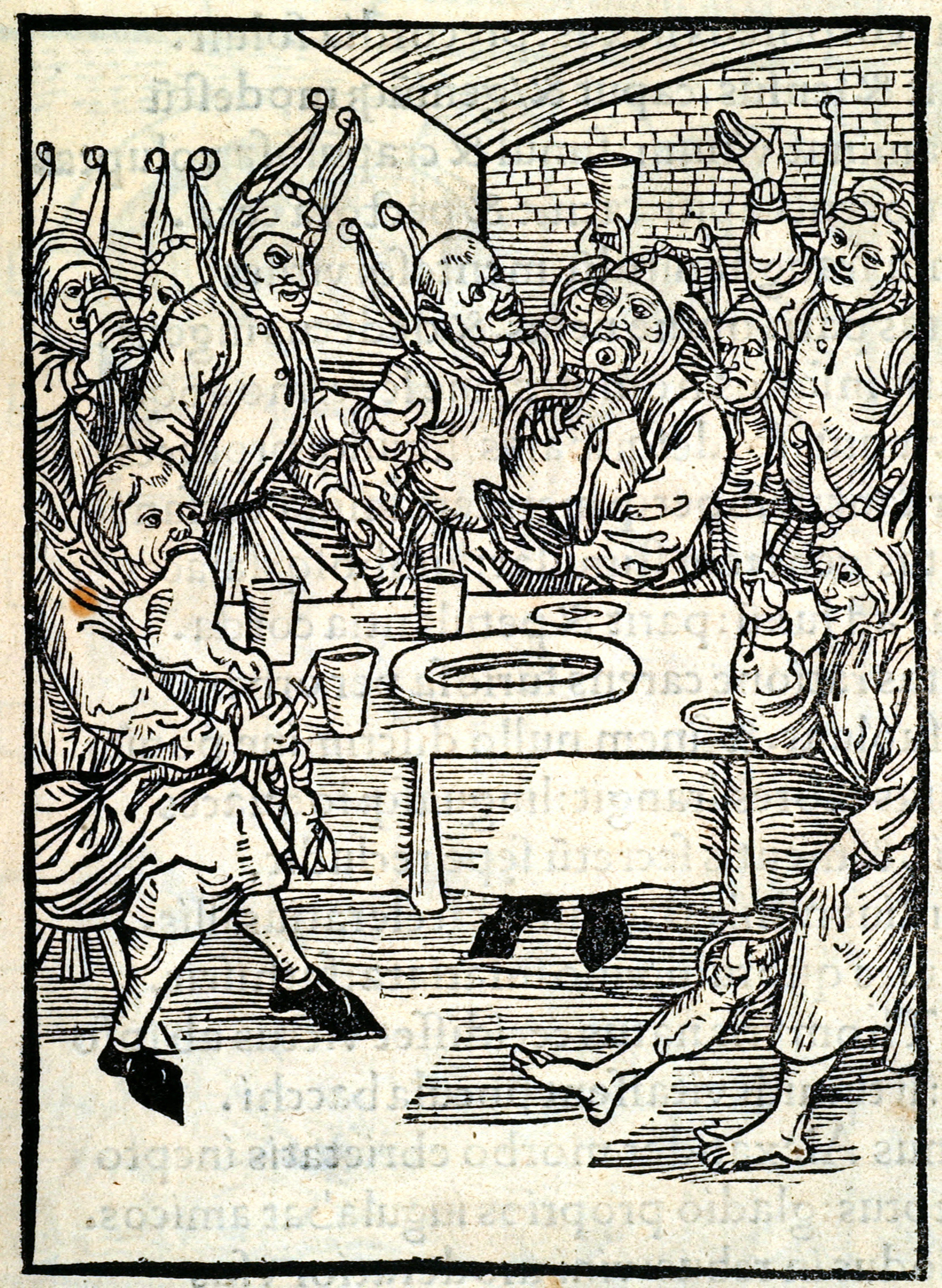 I happened across the 14th century classic, The Dark Night of the Soul, an a section called 'spiritual gluttony' caught my eye. Gluttony, one of those seven deadly sins, is well known as eating to obsessive excess. So how, I wondered, could there be spiritual gluttony?
I happened across the 14th century classic, The Dark Night of the Soul, an a section called 'spiritual gluttony' caught my eye. Gluttony, one of those seven deadly sins, is well known as eating to obsessive excess. So how, I wondered, could there be spiritual gluttony?Too much of anything is a path to problems. When we lose balance we are prone to errors and consumption of things which are bad for us.
Spiritual gluttony hordes experience. The self-indulgent praise and worship of many churches comes to mind. The exclusionary decor or elitist attitudes of others also springs to mind. In error, some pull up their chair to the feast of God's presence and begin to focus on how it makes them feel, what it does for them, and what they get out of it. Purpose and meaning can become confused, and as Saint John of the Cross wrote so wisely, "These persons think that their own satisfaction and pleasure are the satisfaction and service of God."
Spiritual gluttony robs the body of Christ. The self-centered focus on personal experience takes away from the communal, sharing, building of the whole aspect of Christian life. How many times are we urged to pray for one another, take up one another's burdens, and share with one another? Spiritual gluttony was the sin of Corinth, an expression of an 'every man for himself and I don't care about you' spirit that is anti-Christ. It is the spirit which says let others starve, grow cold, be lost or suffer - I have mine and that is all that matters!
Spiritual gluttony leads to weakness. Just as consumption of too much food leads to a comprised physical body, spiritual overindulgence leads to a weakened spirit. Self-denial and sacrifice, so well known to Biblical prophets and Christ, are foreign terms of alien meaning. The sacrifice of prayer is set aside unless it is prayer about our own needs and wants. " These persons who are thus inclined to such pleasures have another very great imperfection, which is that they are very weak and remiss in journeying upon the hard road of the Cross; for the soul that is given to sweetness naturally has its face set against all self-denial, which is devoid of sweetness ."
In reading these words, written to another religious time with its own unique customs and practices, I was struck by how unchanging basic concepts are. We often explain away problems as being reflective of our culture, our time, or a stage of life. Spiritual truth is spiritual truth and as such remains unchanged by cultural passing modes.
Spiritual people, then and now, in their ignorance and enthusiasm, can focus in on only the sweet blessed presence of God and like children over indulge to the exclusion of other spiritual disciplines designed to help grow a balanced and healthy Christian life. The sacrifice of service, the commitment of prayer for others, the work to become a worthy worker in whatever field, and the suffering of life.
No comments:
Post a Comment